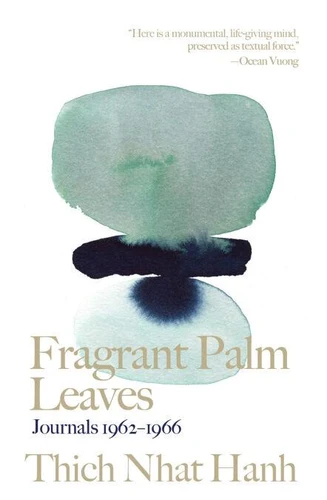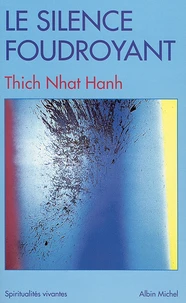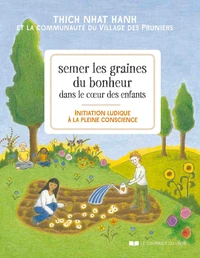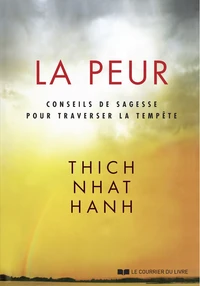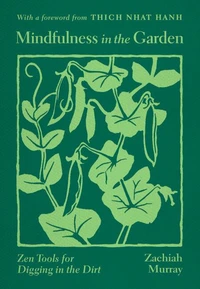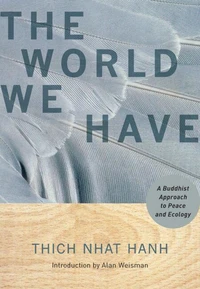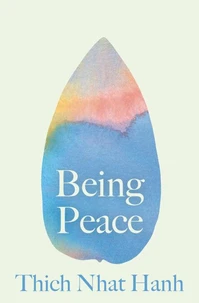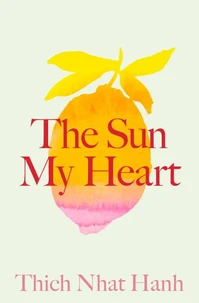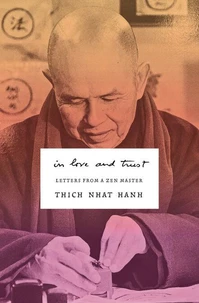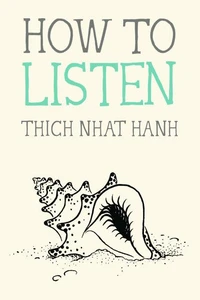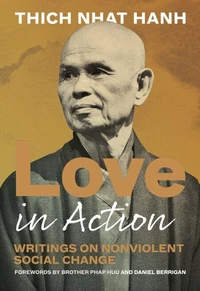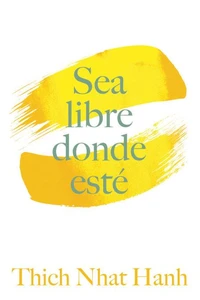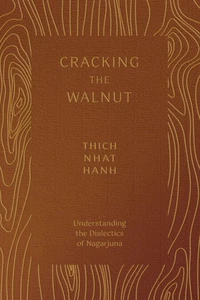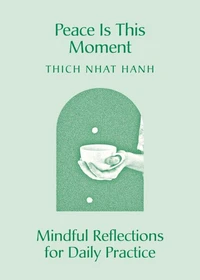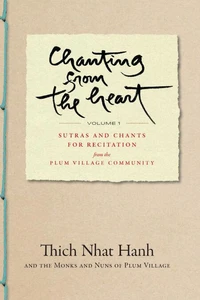Fragrant Palm Leaves. Journals 1962 - 1966
Par : ,Formats :
Disponible dans votre compte client Decitre ou Furet du Nord dès validation de votre commande. Le format ePub protégé est :
- Compatible avec une lecture sur My Vivlio (smartphone, tablette, ordinateur)
- Compatible avec une lecture sur liseuses Vivlio
- Pour les liseuses autres que Vivlio, vous devez utiliser le logiciel Adobe Digital Edition. Non compatible avec la lecture sur les liseuses Kindle, Remarkable et Sony
- Non compatible avec un achat hors France métropolitaine
 , qui est-ce ?
, qui est-ce ?Notre partenaire de plateforme de lecture numérique où vous retrouverez l'ensemble de vos ebooks gratuitement
Pour en savoir plus sur nos ebooks, consultez notre aide en ligne ici
- Nombre de pages224
- FormatePub
- ISBN978-1-946764-73-7
- EAN9781946764737
- Date de parution06/10/2020
- Protection num.Adobe DRM
- Taille853 Ko
- Infos supplémentairesepub
- ÉditeurParallax Press
Résumé
Thich Nhat Hanh at his most personal and endearing-"a rare record of his unselfing, which made him himself: the monk who brought mindfulness to the world" (The Marginalian). Read the journals of Thich Nhat Hanh as he reflects on being young man in the United States and Vietnam, just as his home country plunged into war."It isn't likely that this collection of journal entries, which I'm calling Fragrant Palm Leaves, will pass the censors...
I'll leave Vietnam tomorrow." Thus, Thich Nhat Hanh begins his May 11, 1966 journal entry. After leaving Vietnam, he was exiled for calling for peace, and was unable to visit his homeland again until 2004. In the interim, Thich Nhat Hanh continued to practice and teach in the United States and Europe, and became one of the world's most respected spiritual leaders. But when these journals are written, all of that is still to come.
Fragrant Palm Leaves reveals a vulnerable and questioning young man, a student and teaching assistant at Princeton and Columbia Universities from 1962-1963, homesick and reflecting on the many difficulties he and his fellow monks faced at home trying to make Buddhism relevant to the people's needs. We also follow Thich Nhat Hanh as he returns to Vietnam in 1964, and helps establish the movement known as Engaged Buddhism.
A rare window into the early life of a spiritual icon, Fragrant Palm Leaves provides a model of how to live fully, with awareness, during a time of change and upheaval.
I'll leave Vietnam tomorrow." Thus, Thich Nhat Hanh begins his May 11, 1966 journal entry. After leaving Vietnam, he was exiled for calling for peace, and was unable to visit his homeland again until 2004. In the interim, Thich Nhat Hanh continued to practice and teach in the United States and Europe, and became one of the world's most respected spiritual leaders. But when these journals are written, all of that is still to come.
Fragrant Palm Leaves reveals a vulnerable and questioning young man, a student and teaching assistant at Princeton and Columbia Universities from 1962-1963, homesick and reflecting on the many difficulties he and his fellow monks faced at home trying to make Buddhism relevant to the people's needs. We also follow Thich Nhat Hanh as he returns to Vietnam in 1964, and helps establish the movement known as Engaged Buddhism.
A rare window into the early life of a spiritual icon, Fragrant Palm Leaves provides a model of how to live fully, with awareness, during a time of change and upheaval.
Thich Nhat Hanh at his most personal and endearing-"a rare record of his unselfing, which made him himself: the monk who brought mindfulness to the world" (The Marginalian). Read the journals of Thich Nhat Hanh as he reflects on being young man in the United States and Vietnam, just as his home country plunged into war."It isn't likely that this collection of journal entries, which I'm calling Fragrant Palm Leaves, will pass the censors...
I'll leave Vietnam tomorrow." Thus, Thich Nhat Hanh begins his May 11, 1966 journal entry. After leaving Vietnam, he was exiled for calling for peace, and was unable to visit his homeland again until 2004. In the interim, Thich Nhat Hanh continued to practice and teach in the United States and Europe, and became one of the world's most respected spiritual leaders. But when these journals are written, all of that is still to come.
Fragrant Palm Leaves reveals a vulnerable and questioning young man, a student and teaching assistant at Princeton and Columbia Universities from 1962-1963, homesick and reflecting on the many difficulties he and his fellow monks faced at home trying to make Buddhism relevant to the people's needs. We also follow Thich Nhat Hanh as he returns to Vietnam in 1964, and helps establish the movement known as Engaged Buddhism.
A rare window into the early life of a spiritual icon, Fragrant Palm Leaves provides a model of how to live fully, with awareness, during a time of change and upheaval.
I'll leave Vietnam tomorrow." Thus, Thich Nhat Hanh begins his May 11, 1966 journal entry. After leaving Vietnam, he was exiled for calling for peace, and was unable to visit his homeland again until 2004. In the interim, Thich Nhat Hanh continued to practice and teach in the United States and Europe, and became one of the world's most respected spiritual leaders. But when these journals are written, all of that is still to come.
Fragrant Palm Leaves reveals a vulnerable and questioning young man, a student and teaching assistant at Princeton and Columbia Universities from 1962-1963, homesick and reflecting on the many difficulties he and his fellow monks faced at home trying to make Buddhism relevant to the people's needs. We also follow Thich Nhat Hanh as he returns to Vietnam in 1964, and helps establish the movement known as Engaged Buddhism.
A rare window into the early life of a spiritual icon, Fragrant Palm Leaves provides a model of how to live fully, with awareness, during a time of change and upheaval.

